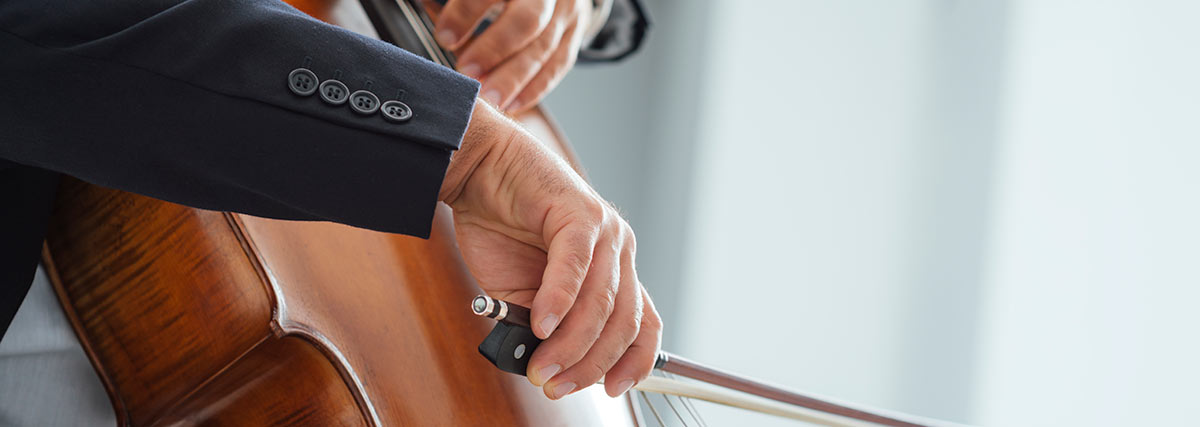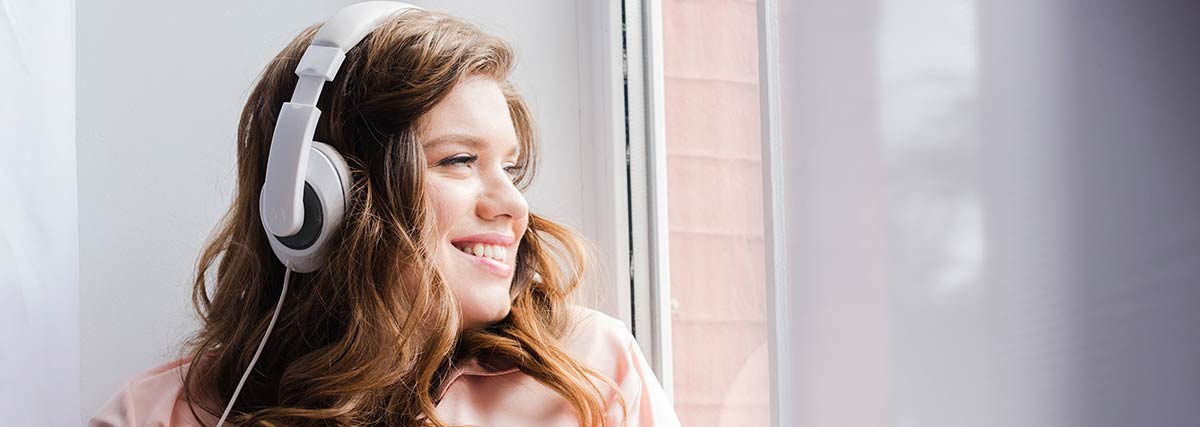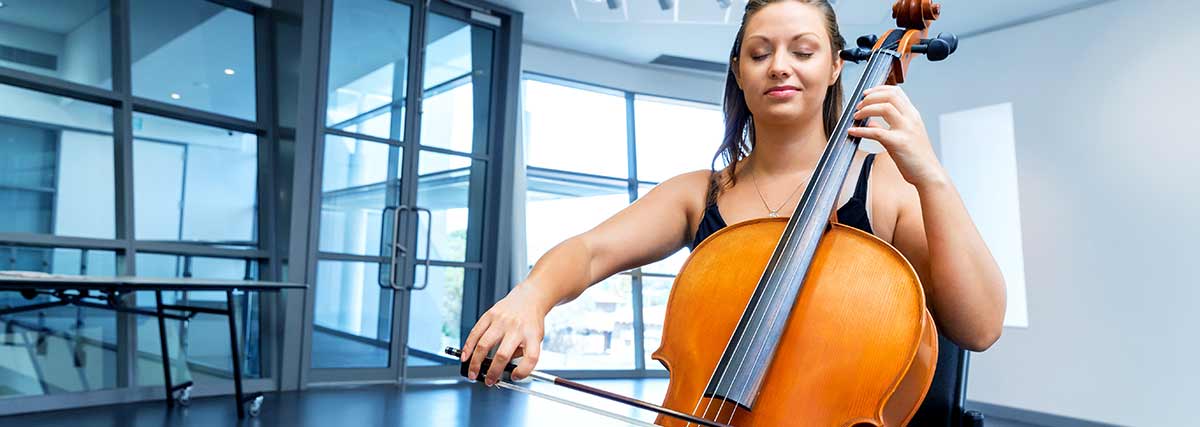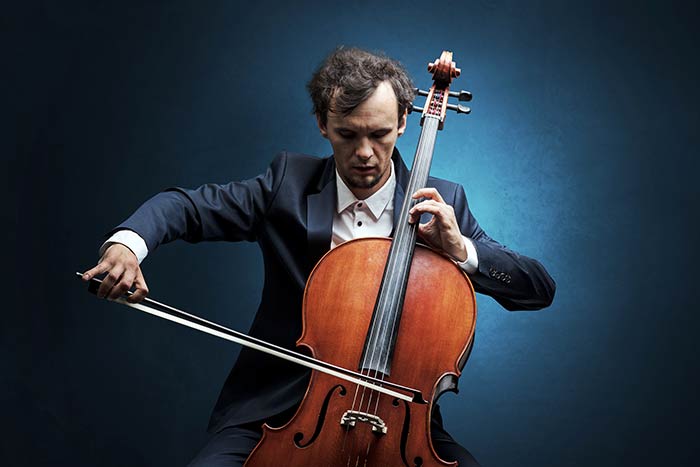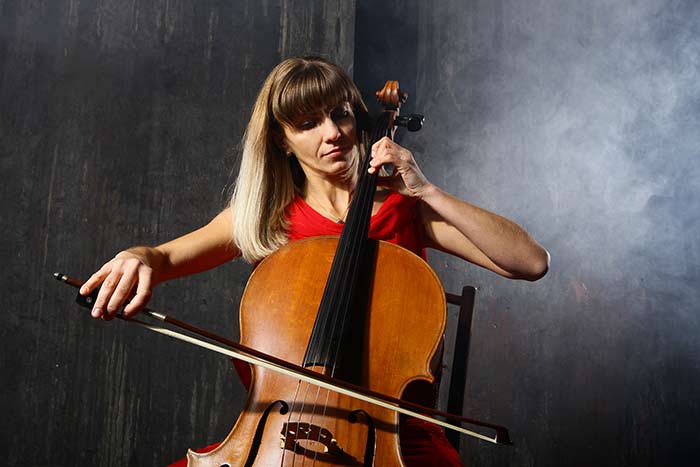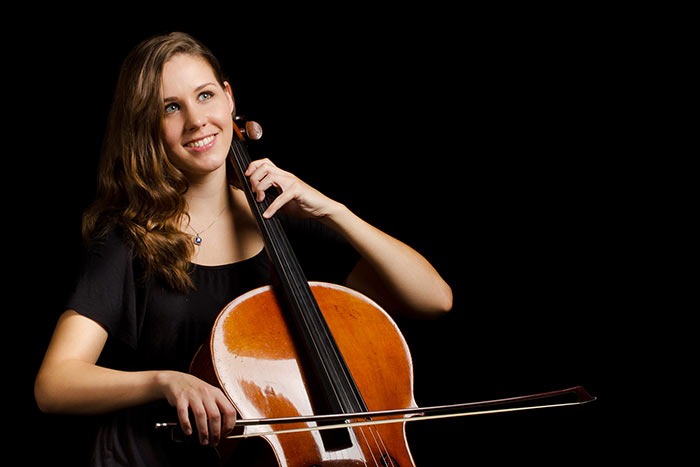Performance anxiety can manifest itself in many different ways through physical and psychological symptoms which can potentially negatively affect a performance. Performance anxiety can be crippling to a musician if it isn’t addressed properly and can deter people from playing their instrument.
No matter what your level of experience, one can still have issues with performance anxiety, therefore this article aims at helping you identify more mainstream levels of anxiety pre performance and the more excessive symptoms you might experience. Performance anxiety can be eased by implementing pre performance activities and lifestyle changes that will help you perform at your best, so let’s explore some of those options.
Treat Your Lessons As Performance Opportunities
You should feel very comfortable playing for your teacher in your lessons if you have been learning with them for a while, however treating your lessons like little performance opportunities is a great way to improve your performance skills regularly and get to know your classic nervous symptoms. Even if you set yourself a small task such as performing a few lines of a piece or an exercise in your lesson, it will improve that specific music so much more as you will feel a pressure to execute it well as if you were playing it to a full hall of people.
As lessons are usually weekly they make great little performance situations that you can prepare for and can be your goal markers to get your pieces to the level you want. The more you practice being in ‘performance mode’ the better you will get at being able to perform on demand and recognise any anxious traits, so take all those little performance opportunities that come your way.
Mental Practice
Mental practice is when you don’t physically play your instrument but you imagine you are playing. This method of practicing has often been argued to be more powerful than physically practicing, especially before a big performance. One of the best ways to prepare for a performance is to imagine you are playing through your whole performance in your head, this way your brain will get used to processing the experience and you will be focusing on what your really need to be thinking about musically, instead of letting brain chatter or the physical demands of playing take over your mind.
Imagining the specific space you will be playing in for the actual performance is also a great way for your brain to get used to your surroundings so you will naturally feel a lot more settled in the space. When you mentally take yourself through the performance it’s important to know what you will be thinking in each bar of the music so you focus your mind on specific things to stop it wandering off and egging on those nerves. The more you practice the performance mentally, the more it will seem like you have done it before, therefore you will feel a lot more comfortable in the actual performance as you have already taken your brain on that specific journey.
Lifestyle Influences
The lifestyle choices we make have a profound affect on our performance. There are a few specific things you can enforce immediately to help calm those pre performance jitters. Caffeine makes our heart race more than it naturally wants to, so avoid drinking coffee or energy drinks before playing because your heart will naturally go a little faster with nerves so trust that your body will give you that buzz without any extra stimulants. The food we eat before performing also has a huge impact on the performance.
Many people really don’t like to eat before they play as they feel they couldn’t stomach more than a glass of water. However, eating carbohydrates before you play will give you the energy you need to perform well. If you feel like you couldn’t manage much food then try having a banana; they are often considered the ideal pre performance snack as they contain a large amount of natural potassium which will calm those nerves and give you the energy you need at the same time. Doing physical exercise on the day of a performance is a great way to prepare. When we exercise our heart beats faster and our body acclimatises to this over time.
Science has proved through practical experiments that people who have exercised on the day of a performance don’t feel their heart going faster when they are performing because their bodies have already experienced that elevated heart rate earlier on that day. Finally, breathing practice can really help to calm down any brain chatter and your heart rate. By focusing on simply breathing in and out slowly, you reconnect your brain with your body and you also won’t be thinking so much about the performance itself. Breathing slowly and deeply will slow your heart rate down significantly and you will also feel much more in control of your body which is fundamental when playing the cello as it is an incredibly physical instrument.
Fighting Nerves
Fight or flight is the body’s natural response to a stressful situation. It’s your body’s way of giving you the right amount of nerves to give you the signals to go into ‘performance mode’. Most people will get a natural amount of nerves from their body’s fight or flight response to performing, however some people get an excess of nerves which can be counterproductive to their performance. Normal nervous symptoms would include things such as sweaty palms, an elevated heart rate, a butterfly sensation in your stomach or an urge to pace around a room.
More severe symptoms can include intrusive thoughts that may be destructive to your performance, feeling like you could vomit, or an uncontrollably fast heart rate. The more you perform the more you will get to know your own personal nervous traits pre performance. When you know your classic pre performance traits you will learn to recognise them and you can work on reducing the severity of them by employing some of the techniques discussed in the article.
If you feel that your anxiety before performing puts you off doing it then start off by performing to a couple of friends or members of your family then increase the amount of people you play to. From regularly playing to people you will get to know your nervous habits and in no time you will feel a lot more at ease when performing and you will enjoy sharing your talent with those around you.


